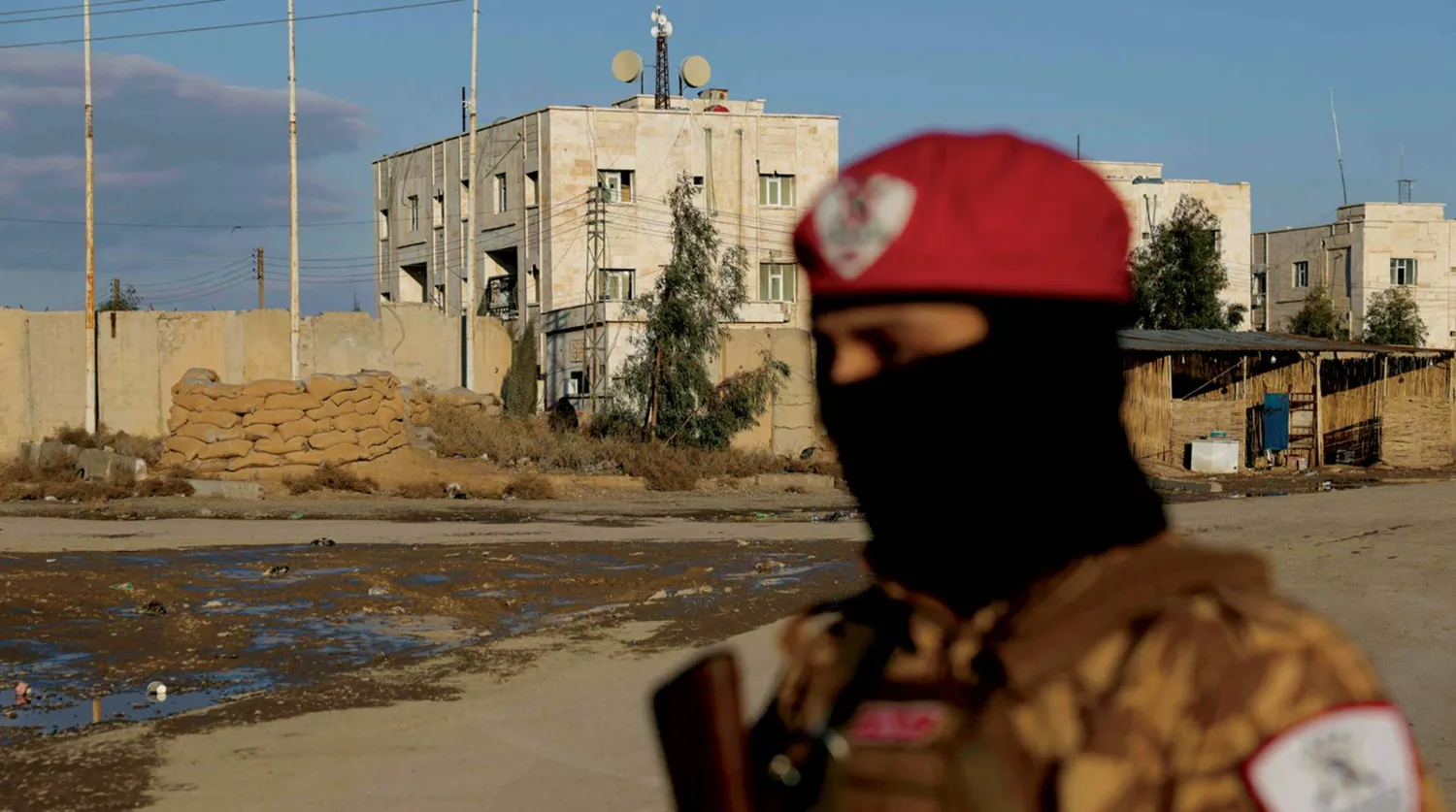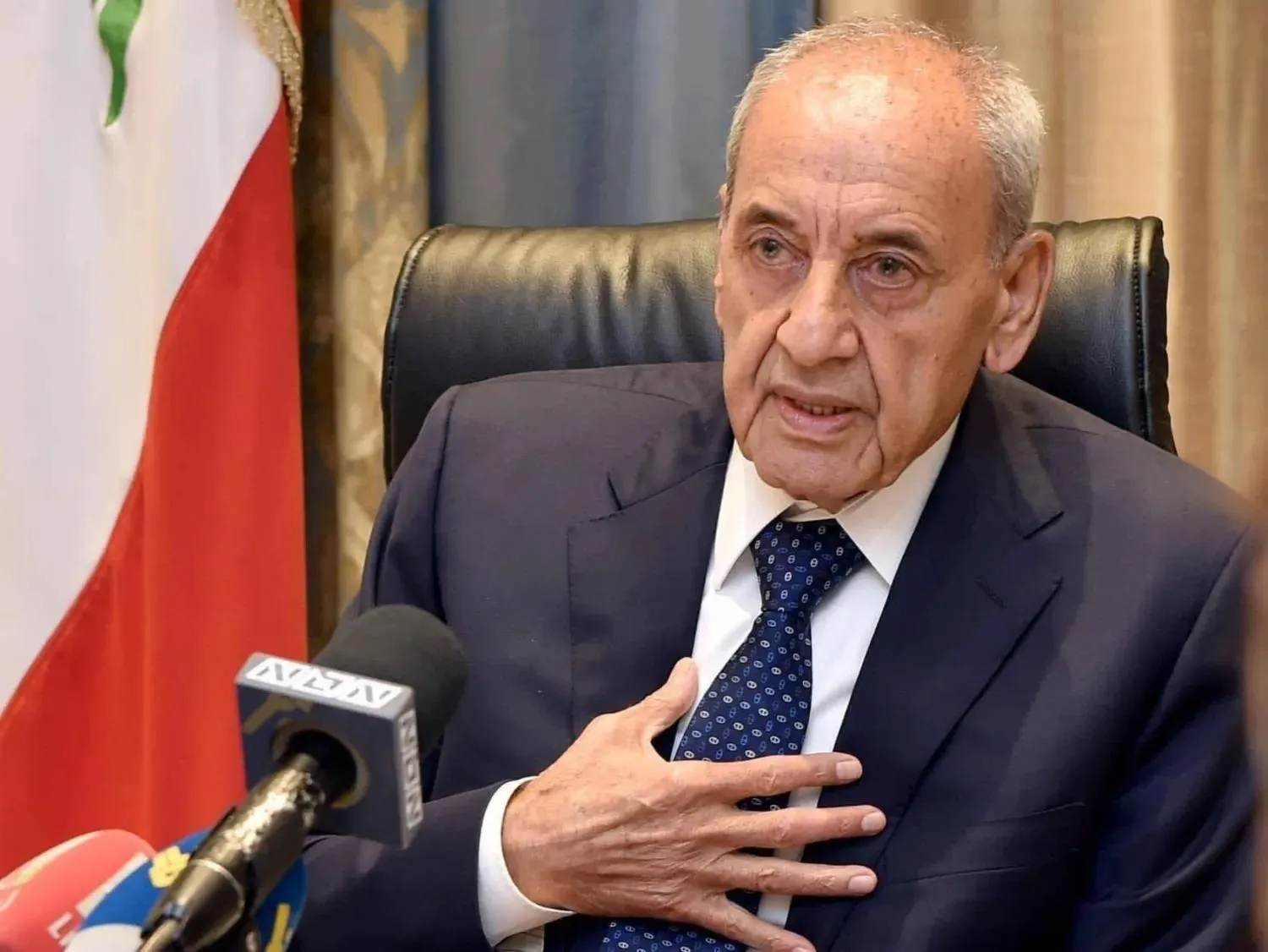The UN Security Council (UNSC) has removed the late Yemeni President, Ali Abdullah Saleh, and his son Ahmed from its sanctions list, following efforts by Yemeni leaders with support from Saudi Arabia and the UAE.
This move is seen as part of a broader push by Saudi Arabia and the international community to bring peace to Yemen. These efforts aim to address the crisis through political, economic, social, and developmental measures.
The UN announced on Wednesday evening that its sanctions committee has removed Saleh and his son from the list, a decision made under Resolution 2140.
The UNSC had imposed sanctions on Saleh, his son Ahmed, and Houthi leaders following the Houthi coup against the government led by President Abdrabbuh Mansur Hadi.
Supporters of the son of the late Yemeni president are pleased with the decision.
Saleh was killed in December 2017 after turning against the Houthis.
Meanwhile, Saleh’s nephew, Tariq Saleh, joined the legitimate government and now sits on the Presidential Leadership Council (PLC).
Saleh’s son Ahmed served as commander of the Republican Guard and special forces during his father’s rule until he was removed from his position in 2013. He was then appointed as Yemen’s ambassador to the UAE where he has stayed after he was removed from his post.
With the sanctions lifted, he can now travel and access his frozen assets, and his supporters hope he will play a key role in Yemen’s future.
Tariq Saleh welcomed the UN decision to lift sanctions on his late uncle and his cousin, Ahmed. He thanked the PLC and the support from Saudi Arabia and the UAE in a post on X.
In addition, Yemeni state news agency Saba reported that Othman Majali, another member of the PLC, called Ahmed to congratulate him.
Majali praised the decision as a result of the PLC’s efforts and international support, and urged for unity to restore Yemen and overcome the Houthi insurgency.









